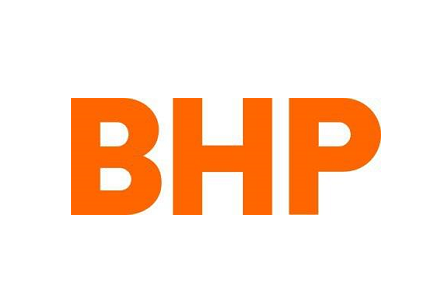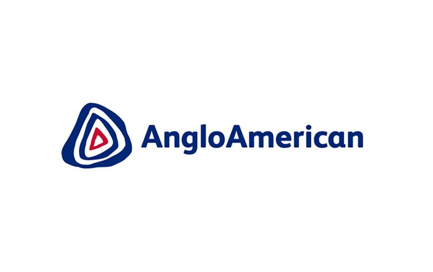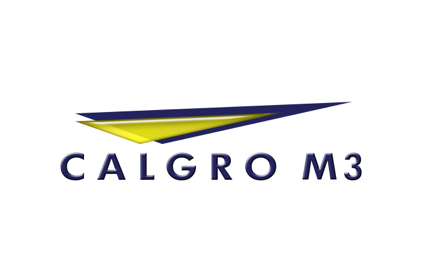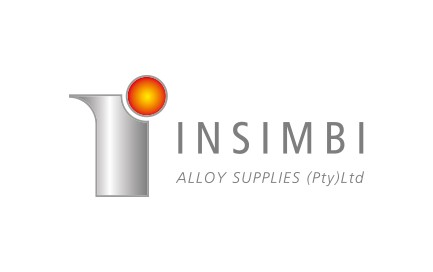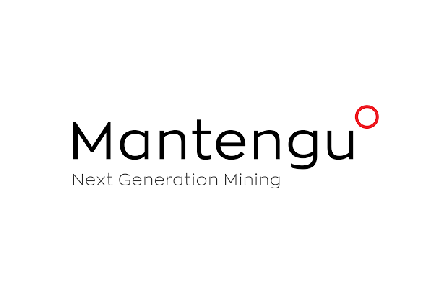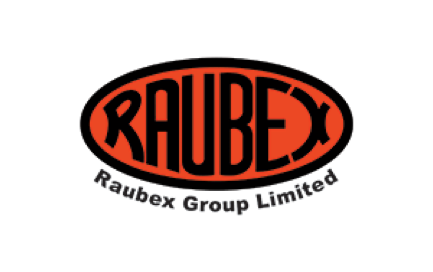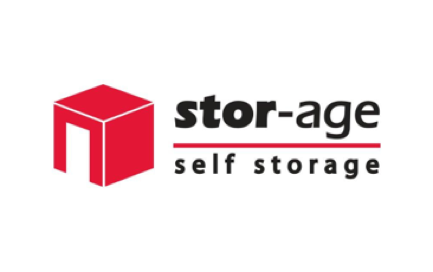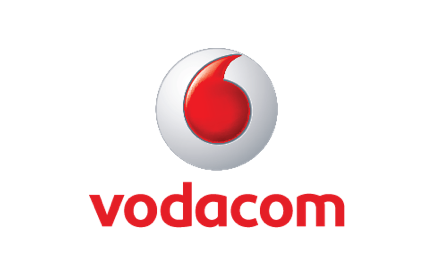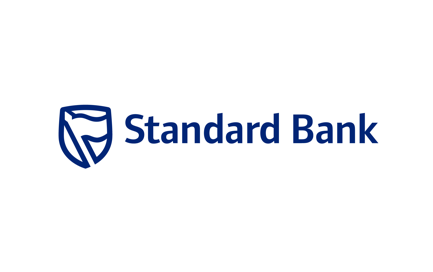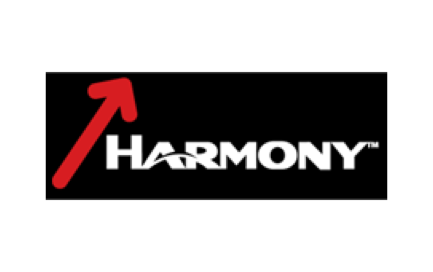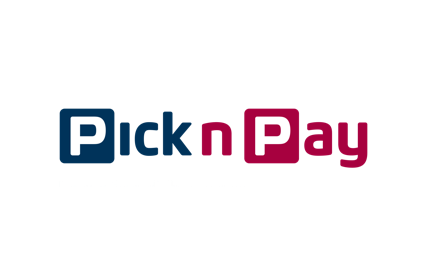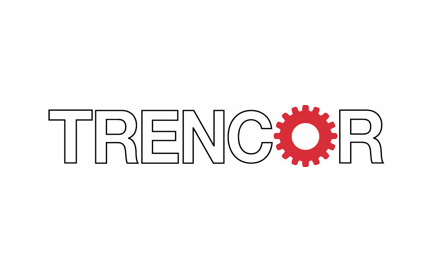Get the latest recap of JSE news in the Ghost Wrap podcast, brought to you by Mazars:

BHP asks Anglo American to dance again (JSE: BHG | JSE: AGL)
They’ve sweetened the deal
BHP’s initial play for Anglo American was met with a firm dismissal by the latter’s board, without any chance of the board taking the offer to shareholders. There wasn’t even engagement with BHP about the offer, at least according to the latest announcement by BHP.
This is pretty much par for the course in corporate dealmaking. It’s rare to see an independent board support the first offer on the table.
As many expected, BHP has now sweetened the deal by increasing the merger ratio i.e. the number of BHP shares that Anglo American shareholders would receive. There is a 14.6% increase in the merger exchange ratio. If the deal went ahead, Anglo American shareholders would own 16.6% in the combined group instead of 14.8% as per the initial proposal.
The offer implies a premium on the “undisturbed market value” of Anglo American’s unlisted assets of 50%. This is calculated based on the value at which Anglo American traded before the press speculation, less the look-through values of the listed assets (Anglo Platinum and Kumba Iron Ore).
The requirement to “demerge” Anglo Platinum and Kumba Iron Ore is still there in the revised proposal. BHP doesn’t want either of them. This means that in addition to the shares in the merged entity, Anglo American shareholders would also receive shares in Anglo Platinum and Kumba Iron Ore.
This is still not a firm intention to make an offer under UK takeover law. BHP is simply testing the resolve of the Anglo board and their willingness to take this price to shareholders, assuming BHP is willing to go ahead with the offer.
It didn’t take Anglo long to reject it once more, with the group focusing on the unappealing nature of the demerger structure as well as the price. The company highlights the regulatory complexity and costs of the demergers, the burden of which would be made to fall on Anglo shareholders under this proposed deal.
Of course, BHP could go the hostile takeover route and approach shareholders directly. That’s a very expensive and time consuming process though, which is why it is rarely followed.
BHP has until 22 May to make a firm offer, or to confirm that it does not intend to make an offer.
Calgro M3 finally declares a dividend (JSE: CGR)
Shareholders have been asking this question for a while
Calgro M3 has certainly made the most of a period in which revenue decreased in the residential property segment, leading to group revenue dropping by nearly 16% despite a solid increase in cash receipts in the Memorial Parks segment.
The drop in revenue was far less severe by the time we reach gross profit, which only fell by around 2% as gross profit margin moved higher. Along with other efficiencies in the income statement (particularly a sizable drop in administrative expenses), profit before tax actually increased by nearly 7%. You won’t often see this kind of result at profit level when revenue has dipped like that.
Thanks to extensive share buybacks (a whopping 18.5% of shares in issue in the past year), HEPS growth was much more exciting. It increased by 24% to 189.87 cents, which means the share price at R5.75 is still on a very modest Price/Earnings multiple.
Considering the success of the buybacks, it came as a surprise to some to see the company finally declare a dividend. Although shareholders had been raising this point, it seemed like the buybacks were working incredibly well as a way to return value to shareholders. Mind you, it’s a very small dividend at just 9.49350 cents per share.
The loan to value ratio has moved higher, from 31.04% to 31.97%. Shareholder will keep a close eye on this, as buybacks and dividends shouldn’t be so extensive that the balance sheet becomes too heavily geared.
Insimbi jumps 30% on a cautionary announcement (JSE: ISB)
Welcome to the world of small caps
Insimbi Industrial Holdings released a cautionary announcement dealing with two potential activities that seem to be part of the same transaction.
This includes the repurchase of roughly 11% of shares in issue from certain shareholders, along with the potential disposal of assets held by subsidiaries of Insimbi. Presumably, the asset disposal provides the funding for the repurchase. The announcement doesn’t comment on this, though.
Despite the relative lack of details, the share price rallied 30% on volumes well in excess in average daily traded volume.
Mantengu Mining acquires Birca Copper and Metals (JSE: MTU)
The mining group is scaling and paying for the acquisition with shares
Mantengu Mining is on a growth path and is making it happen through acquisitions. In mining, that’s really the only way to do it unless you have plenty of patience to go through the development phase and all the pain along the way with capital raising etc.
Instead, Mantengu is acquiring Birca Copper and Metals, which mines and processes high grade chrome ore in the North West Province. This roughly doubles Mantengu’s chrome ore supply.
Perhaps most importantly, the deal consideration of just under R30 million will be settled through the issuance of shares in the company based on the 15-day VWAP and with reference to the terms of the GEM Global Yield share subscription facility. The VWAP will be subject to a minimum of R0.60 per share.
It all sounds good, but Birca Copper and Metals only made profit of R2 million in the year ended February 2024 off a net asset value (NAV) of R102 million, so there are some question marks there. Mantengu is only paying roughly R30 million and is thus getting it at a large discount to NAV, but that’s still a high earnings multiple.
Raubex celebrates 50 years in business with great results (JSE: RBX)
Profitability has moved strongly in the right direction
Raubex played its cards close to its chest for the year ended February 2024. They expected an uninspiring outcome from a growth perspective, as the Beitbridge Border Post Project was in the base year and that created a difficult number off which to grow. Despite this, they’ve pulled off revenue growth of 13.8%, operating profit up 20.4% and HEPS up 21.3%. It’s a fantastic outcome.
On top of this, the order book stands at R25.55 billion, up from R20.04 billion a year ago. They attribute this to the diversified business model.
Looking deeper, the Materials Handling and Mining Division achieved very impressive revenue growth of 39.6%, which was enough for operating profit to skyrocket from R168.6 million to R584.7 million. Operating profit margin in that segment more than doubled from 5.9% to 14.6%. The investment in Bauba is clearly going well.
The Construction Materials Division also has a great story to tell, with revenue up 29% and operating profit up 41.1% to R115 million. It’s still a modest business in terms of margins though, with operating margin of only 4.8%.
The Roads and Earthworks Division is one place where the year-on-year impact of the Beitbridge Border Post completion was felt, with revenue down 6.1% and operating profit down 35.1% to R331.5 million. Operating profit margin was 5.8%. Importantly, the secured order book is up 30.2% in this segment.
The Infrastructure Division was good for 17.8% growth in revenue, but this didn’t translate into profit growth. Operating profit fell by 1.9% and operating profit margin unwound from 11.4% to 9.5%. The Beitbridge Border Post Project was in the base period for this division as well, without which revenue and profit would’ve been up very nicely indeed by 42.7% and 120.4% respectively.
If there’s anything to point a finger at, it would be cash generated from operations decreasing by 2.9% despite the major uptick in profits. The blame lies in working capital, with a significant increase in trade receivables and contract assets, along with a much lower move in payables year-on-year. Certainly nothing to panic about right now, but worth keeping an eye on.
Despite the cash trajectory not matching earnings, a final dividend of 92 cents per share has been declared, well up on 76 cents the prior year.
Stor-Age ramps up the third-party management business (JSE: SSS)
This is a useful way to drive return on equity for a property group
Stor-Age is a self-storage property company, not a hotel group, yet the parallels are interesting. In the hotel industry, a major brand (think Hyatt or Hilton) needs to first establish itself through owning and operating its own hotels. Over time, people see the success and want to emulate it with their own properties, so they enter into hotel management agreements that put e.g. the Hyatt name on the door without Hyatt owning the property. This is when hotel companies really start to generate proper returns for shareholders, as there’s now another source of revenue that is earned without capital outlay.
Stor-Age can clearly see the opportunity to boost return on equity (ROE) by earning income off properties owned by others. They’ve been pushing the third-party management business and the latest news is that Hines has entered into such an agreement with Stor-Age for three properties in Kent in the UK. They will be added to the Storage King platform within the Stor-Age stable, helping Hines with a successful UK market entry. Hines has a presence in 30 countries, so forming a strong relationship here can only be beneficial.
With this deal, Storage King now operates 43 properties in the UK.
Revenue may be up, but HEPS has dropped at Vodacom (JSE: VOD)
Just like at MTN, having high-growth African businesses with risky currencies doesn’t work
Vodacom has released results for the year ended March 2024 and they start off very well, with group revenue growth of 26.4%. A chunk of this is thanks to the inclusion of Vodafone Egypt since 8th December 2022. If you look at service revenue growth with Egypt on a pro-forma basis (i.e. assuming Egypt had been consolidated since the start of the year), the number is 9.2%.
That still sounds good.
Then we get to EBITDA growth, coming in at 24.3% as reported, or 7.8% making that adjustment for Egypt. Margin compression, sure, but still decent growth.
It goes wrong below that, with HEPS down by 10.8% thanks to foreign currency losses in Egypt and startup losses in Ethiopia. Vodacom has been copying MTN’s homework here in acquiring African subsidiaries in markets with volatile currencies.
Due to the drop in HEPS, the dividend per share has also fallen by 11.9%. As many investors see Vodacom as a source of yield, that’s not going to be popular. With Egypt now contributing around a quarter of group revenue, ongoing pain in the Egyptian pound will put further pressure on dividend growth.
Are there any silver linings? Well, the so-called “new services” are now 20% of group service revenue, so the efforts to diversify away from charging people for phone calls and SMS bundles have been working. Financial service customers increased by 11.8% year-on-year.
The problem for Vodacom (and its sector peers) is that South Africa, the most stable market of the lot, only grew service revenue by 2.6%. We are a very mature market here where people are spending less and less on their connectivity thanks to data services. This really doesn’t help when inflationary pressure on costs is significant, especially expense lines like energy and security. This is why Vodacom is so keen for the fibre deal to be approved by the Competition Tribunal, with hearings due to commence on 20 May 2024.
WeBuyCars is sweating those assets (JSE: WBC)
HEPS is up 26.1%, yet only one additional car supermarket was opened in the past year
I actually sold a car to WeBuyCars the other day. It was a genuinely excellent experience and one that encouraged me greatly as a shareholder. You know what else encourages me? Revenue growth of 15.9% and core HEPS growth of 26.1% for the six months to March.
In case you’re wondering, core HEPS strips out the transaction costs around the recent listing and non-cash movements on the call option derivative assets linked to certain shareholders. In other words, core HEPS is the actual business without the noise of the Transaction Capital unbundling.
With improved volumes and higher average selling prices, this result has been achieved despite only one additional car supermarket being opened in the past year. This suggests improved inventory turnover, which is a key driver of the economics of the business and a great way to ensure that they don’t get stuck with old stock. Cash generated by operating activities being up by a whopping 96.6% tells you how effective the working capital strategy has been, with only a modest uptick in inventory value despite the growth in sales.
Momentum was good throughout the period, with sales volumes achieving an all-time high in March 2024. This is exactly what is needed as the business looks to open further facilities, with an Eastern Cape supermarket planned to open in June 2024 and land having been acquired in Cape Town and Rustenburg for future development.
The company will consider a dividend when full-year results are released, with a planned payout ratio of 25% to 33% of headline earnings.
Little Bites:
- Director dealings:
- The spouse of the CFO of Standard Bank (JSE: SBK) sold shares worth R6.7 million.
- A director of Harmony Gold (JSE: HAR) sold shares in the company worth R331k.
- Pick n Pay (JSE: PIK) released a further cautionary announcement regarding the recapitalisation plan for the group. There’s actually no new news in it, with Pick n Pay continuing to refine the plan that will comprise a rights offer of up to R4 billion in mid-2024, followed by the separate listing of Boxer on the main board of the JSE. The share price is down around 13.5% this year, having given up all the gains from the rally during February.
- If you’re a shareholder in Collins Property Group (JSE: CPP), then look out for a circular dealing with proposed changes to the employee share trust to cater for the special dividend that the company declared after the disposal of Moorgarth by Tradehold. It seems as though the adjustment mechanisms in the trust don’t adequately allow for this corporate action and they are looking to sort that out accordingly.
- Trencor (JSE: TRE) is a listed shell that will be wound up as soon as possible after obligations under a legacy indemnity have been discharged. The company is engaging with regulators and other parties to try and make the winding up process as efficient as possible after 31 December 2024. This will end in a cash payment to shareholders, so everyone is motivated to make it as quick as possible.



